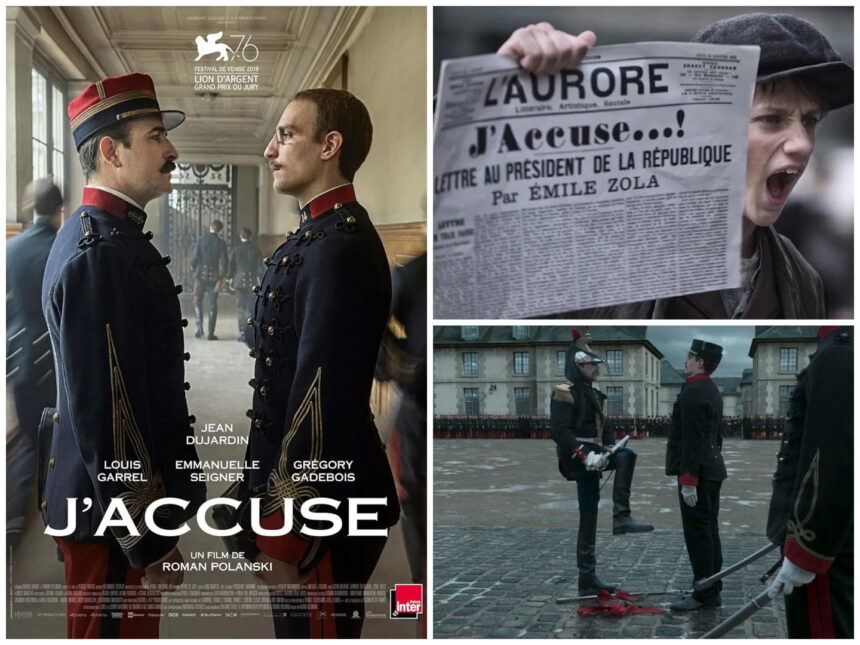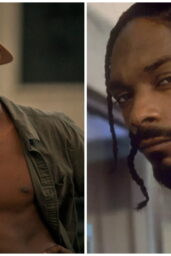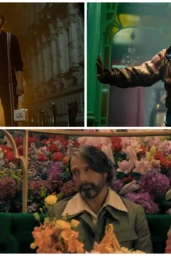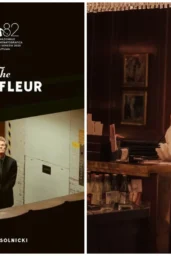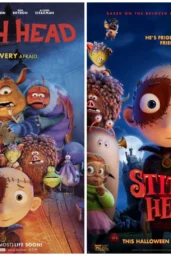CINEMA'S UNTAMEABLE OUTLAW JUST DEFIED AMERICA—AND HOLLYWOOD IS SWEATING
Roman Polanski, the film world's perennial ghost with unfinished business, just pulled off one of the most twisted curtain calls of the decade—his Dreyfus drama An Officer and a Spy is debuting in U.S. theaters, six years late, and every strand of Hollywood's hair is on fire.
Not since The Interview's North Korea debacle has an international award-winner felt this radioactive. Polanski's meticulous, atmospheric film—shot with the obsessive detail of a 19th-century daguerreotype—shook Europe with its Grand Jury Prize win at Venice and twelve César nominations. Awards? Stolen. Applause? Deafening. American release? Crickets, until now.
Here's the deranged detail: A controversy-soaked director makes one of the best films of his career, racks up trophies… and the country that gave birth to Due Process gives him the coldest of shoulders. (Until now.)
This doesn't just blur the line between great art and gross artist—it shreds the damn thing.
WHEN CANCELLATION GOES CINÉPHILE: WHY THIS SHAKES THE INDUSTRY
The movie's $25 million budget vanished into a sepia maze of shadowy corridors and candlelit espionage, only to resurface—years later—at a single Manhattan theater. That's less Gladiator and more Ghost of Christmas Past.
Industry insiders have called this “Venice meets exile,” like The Pianist on the lam with Spotlight nerves.
But don't miss the elephant in the screening room: every major U.S. distributor passed. Roadside Attractions' Howard Cohen floated the existential dilemma: “We have to search our souls if it's the right thing to do. What does it mean to release this movie?”
Translation: Release a Polanski film in 2025 and you're risking more than box office receipts—you're inviting moral napalm.
History check: This isn't new. Think Woody Allen's “A Rainy Day in New York” (Amazon scrapped the U.S. release amid #MeToo fury) and Kevin Spacey's films evaporating post-allegations—Hollywood doesn't just blacklist, it erases.
But, unlike those, An Officer and a Spy is lauded everywhere else—a Cannes darling, Paris society hit, and critics' favorite. So why does America clutch its pearls?
THE HIDDEN DUALITY: MASTERPIECE OR MORAL HAZARD?
Under the visuals—pristine, painterly, heartbreakingly French—lurks a demon: The Dreyfus Affair, a parable of mob justice, reimagined by a man haunted by his own.
Polanski's careful direction (cinematographer Pawel Edelman's natural lighting is straight-up sorcery) dares the audience to separate art from artist. Can you?
Anonymous quote from a European critic (via Le Monde): “Watching this in Paris felt like sinking into history. But in New York? The seats are still burning.”
The real plot twist isn't the film's ending—it's America's bizarre, six-year quarantine. Is this censorship, moral hygiene, or proof that cancel culture eats even its high priests?
Because here's the uncomfortable truth: Sometimes the best movie is the one nobody wants to see.
CLOSER: IS IT GENIUS—OR JUST CORDON BLEU CONTROVERSY?
You tell us:
Risk $20 for a front-row seat to cancellation history, or keep boycotting from the couch?
Is An Officer and a Spy a masterpiece finally escaping purgatory, or proof some ghosts should stay buried?
Choose your own disaster—rage in the comments.

